“What’s the point of memorising all the paradigms where we will surely forget them?”
“We memorise the vocabulary, but only to pass the quizzes and exams.”
I have heard all these before, and I must confess I am also a product of learning Greek by memorising all the vocabulary, all the different paradigms for the different parts of speech, the various unusual verbal forms, and the numerous grammar rules. This was expected as I attended a seminary that places heavy emphasis on biblical languages. Since my area of concentration was in the New Testament, I took Basic Greek, Intermediate Greek, and also Advanced Greek. In addition, I also took an additional course working the different literary styles in the Greek language. Although I wish I could read Greek fluently and able to do parsing on the spot, sadly I must confess this has not always been the case for me.
Should I make them memorise all the vocabulary, paradigms, and rules? If not, how can they pick up their NA28 and read it fluently and well? If they could get all the memorisation right, and could even score an A, does this mean that they have a full grasp of the language? With the availability of excellent Bible software such as Accordance and BibleWorks, do we still need to memorise all the parsing? Shouldn’t we just let the software do the job?
So with the availability of software, can we not let the software guide us in our reading of the Greek New Testament, let the software do the parsing for us, and then we do what the software cannot do, i.e., the analysis and exegesis of the Greek language? In other words, do we still need to memorise all the different paradigms?
I know that by doing this, I could imagine my own seminary professors and other friends screaming at me disapprovingly. Many would argue that one won’t be able to learn a language properly by using software. One won’t be able to master the language as one is not even familiar with the vocabulary!
As we read parts of 1 John and sample of writings from the Gospels and Paul’s letters, I would ask the students all the usual questions: how to identity the subject, object, prepositional phrase, relative clauses, the antecedent of the pronouns, etc, and then we will carry out the exegesis on the text. I would often highlight questions like why the verb is placed at the end of the sentence or why there is an unusual word order and its significance. In other words, we are still doing what we would usually do in a typical Greek class, minus all the memorisation. The key difference is that we begin to read the New Testament early on in the class rather than wait till much later, which is quite typical in most Greek language courses. By doing so, I could highlight some other difficult issues of the grammar along the way (and with the hope that I would not confuse the students). Then we would compare the various English, Chinese and Malay language translations. That’s the benefit of teaching in a multi-cultural setting where we have students who know a number of languages and we could see the difficulties in Bible translations immediately where often times, the nuances in Greek would be almost impossible to be translated into other languages.
Does this work? Well, it is almost the end of the first semester for our students. Today, they are having their Greek exam. I really do not know what the outcome would be. Would they have a better grasp of the language? Have they learned well? Would this method be more beneficial for the students? I guess only time will tell.
I wish all the students well in their exam. Most of them will not continue to take Greek in the next semester as it is no longer required for some of them. I hope you all would have appreciated Greek, and continue to use it in your ministry and life later on, of course, with the assistance from Accordance.
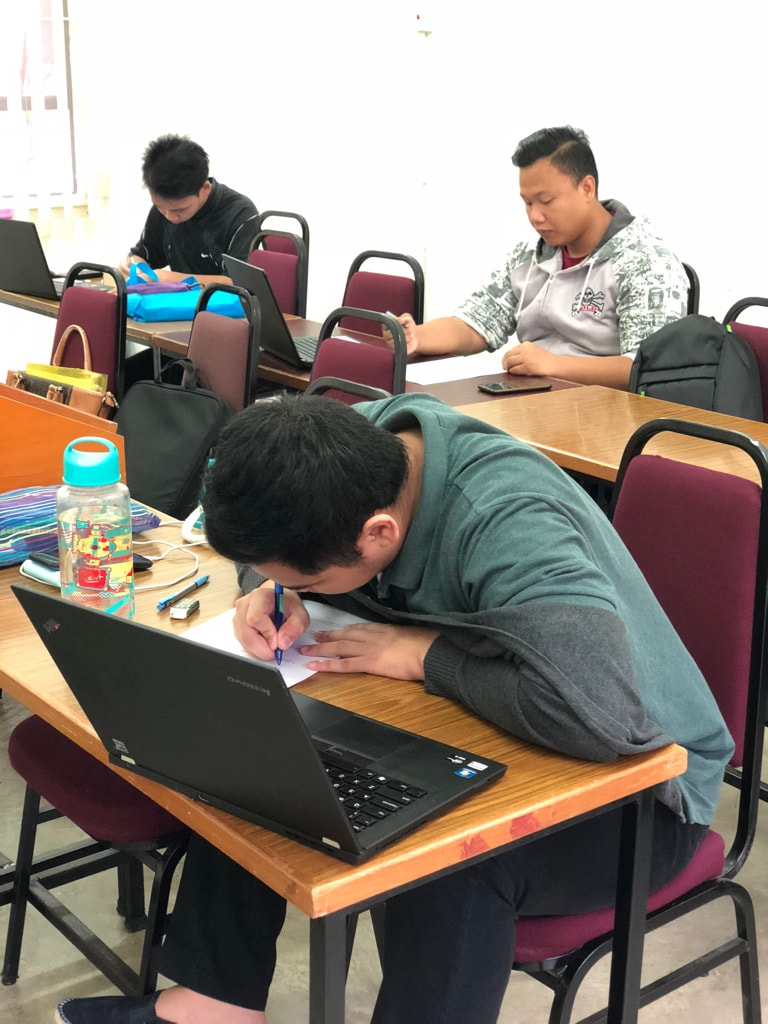

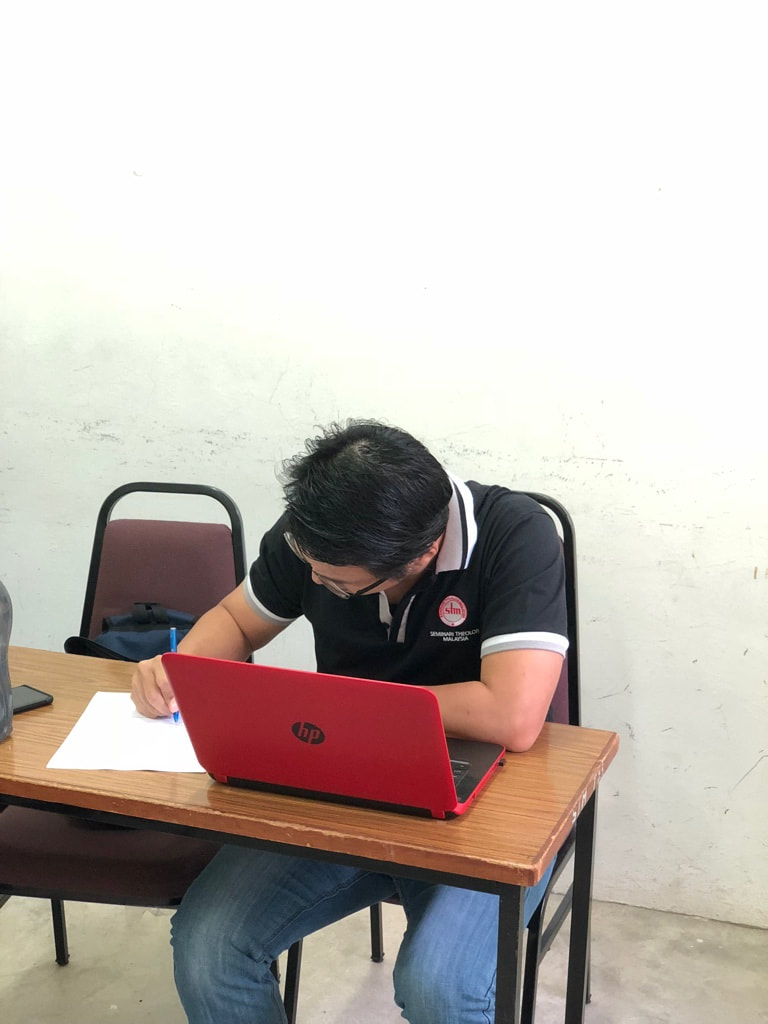
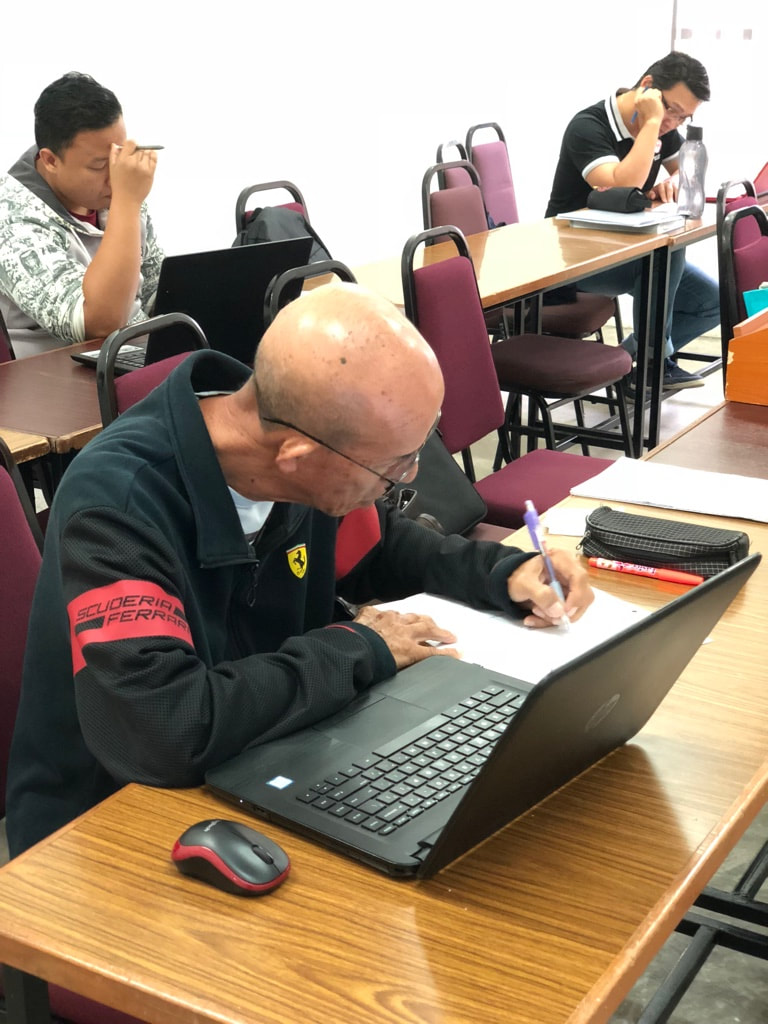
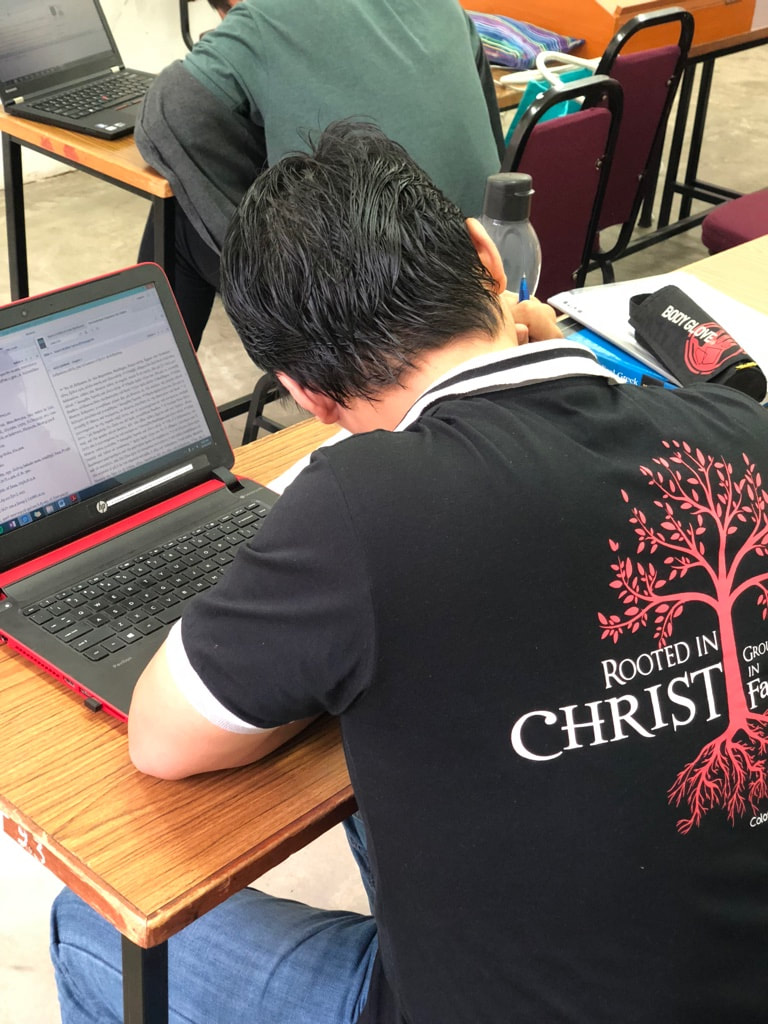
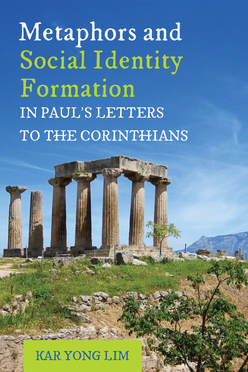
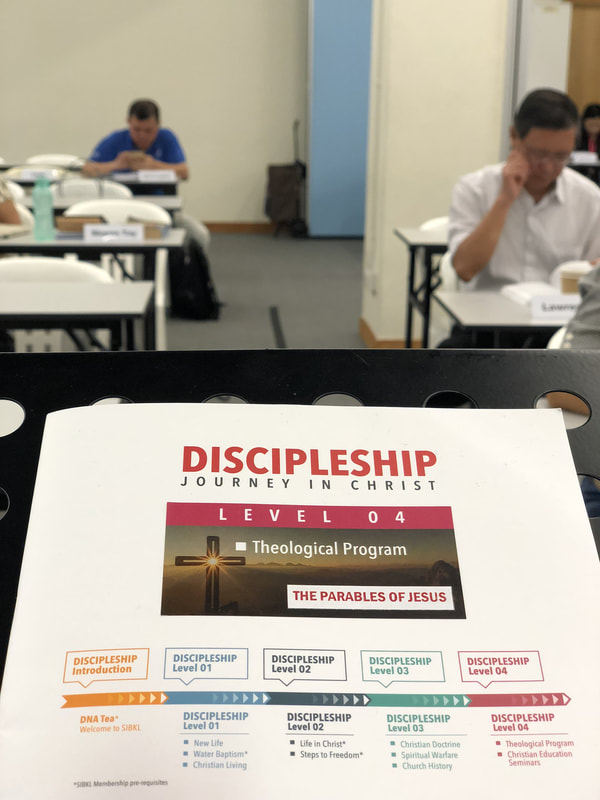
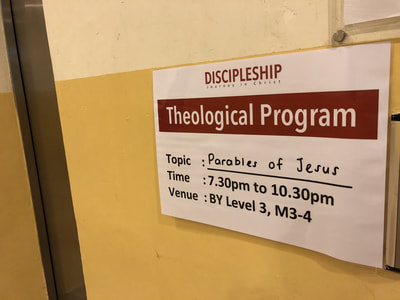
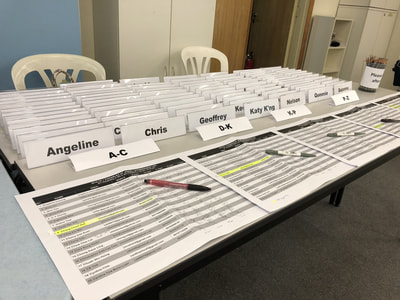

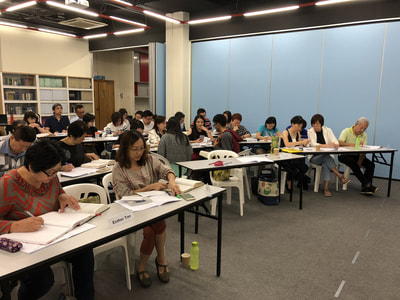
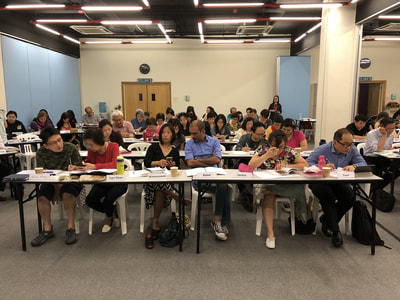
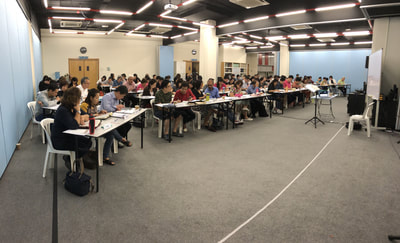
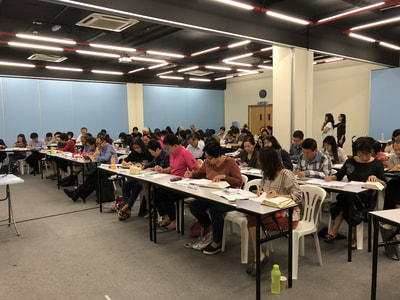
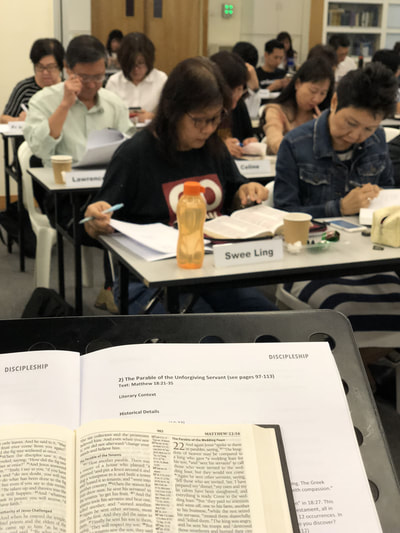
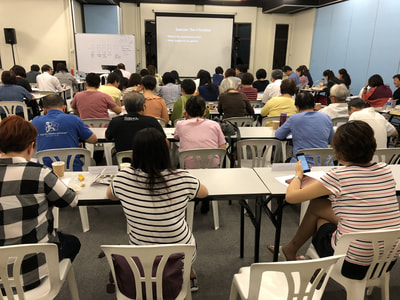
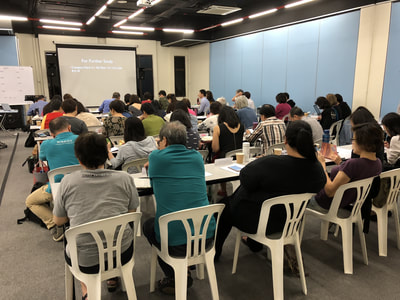
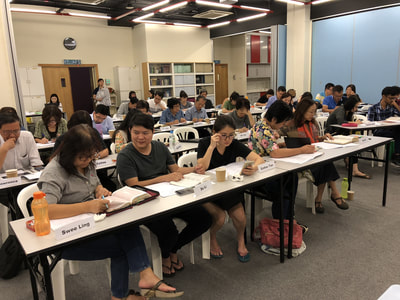
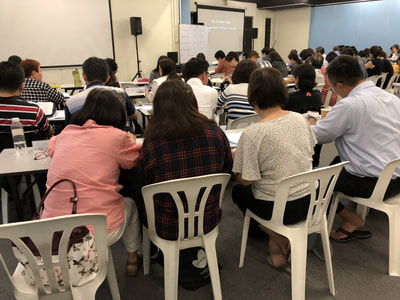
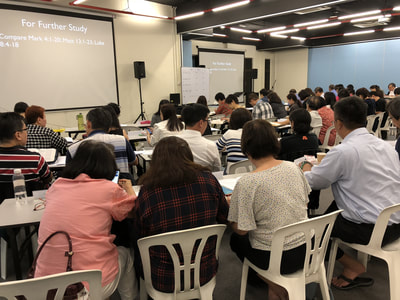
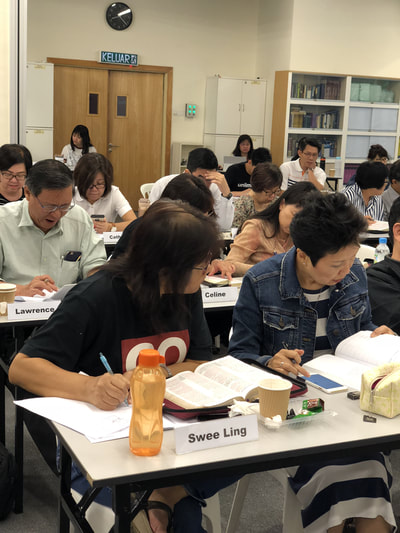
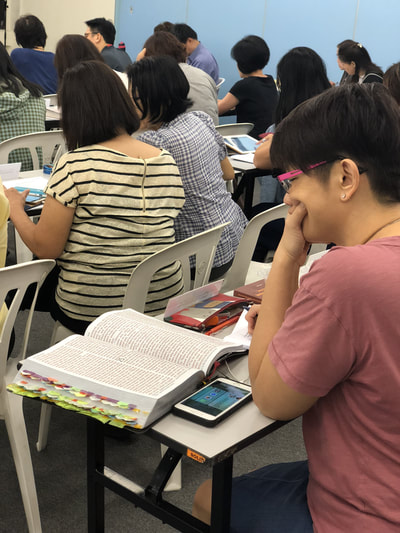

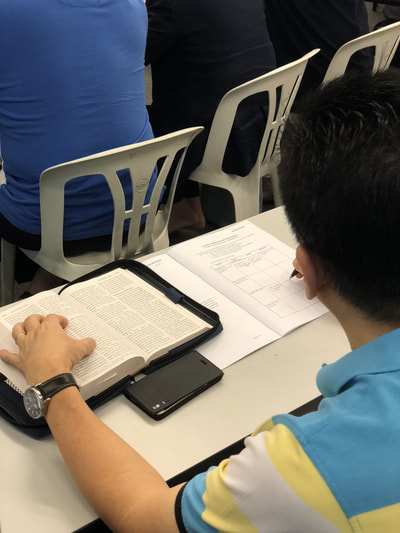
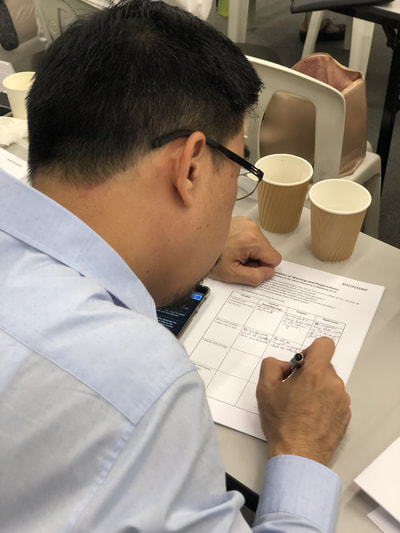
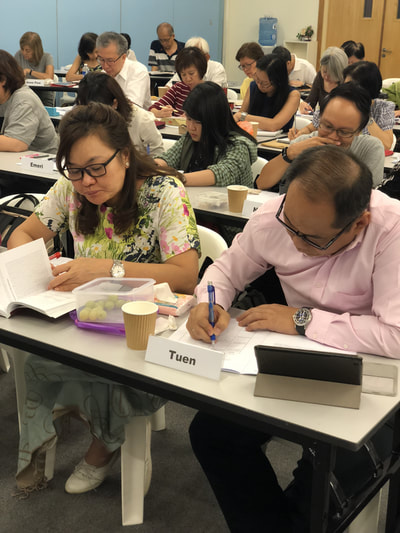
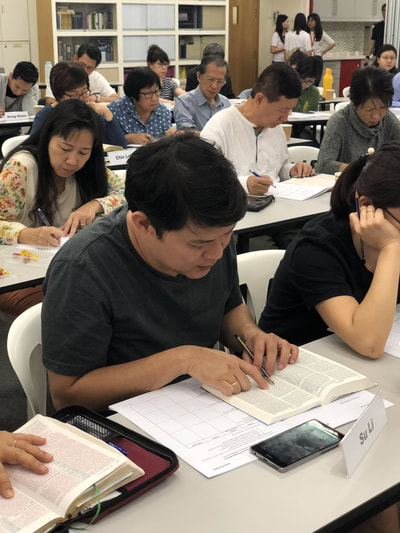
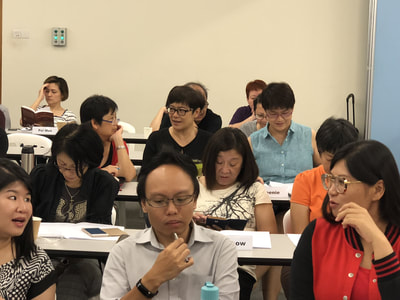
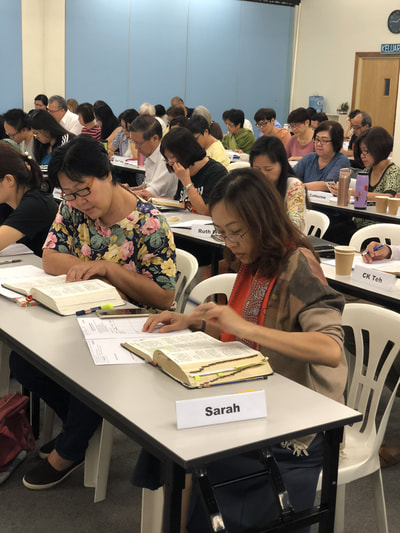
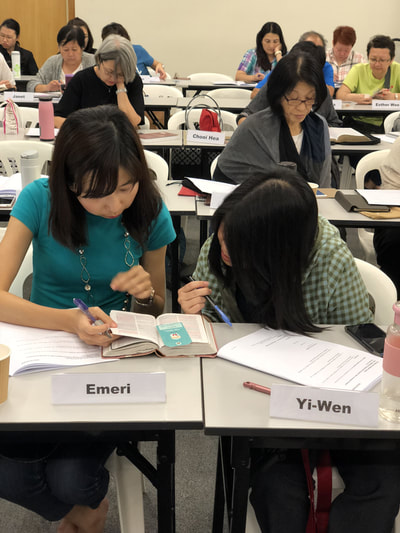
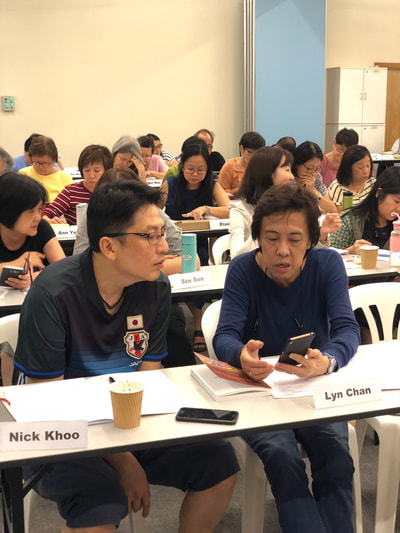
 RSS Feed
RSS Feed